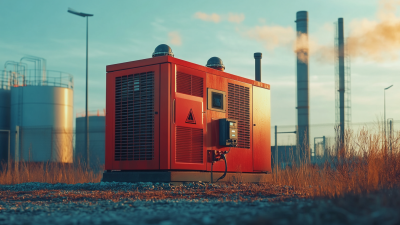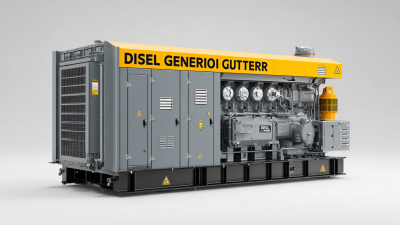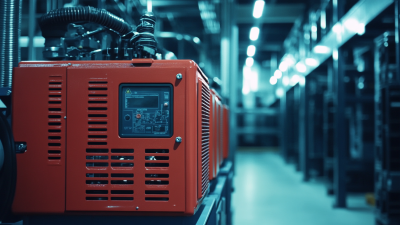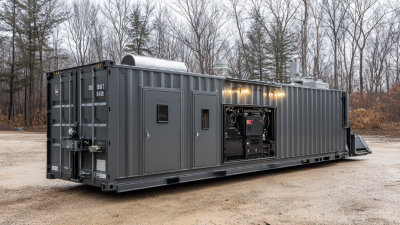
-
Home
-
Products
-
Service
-
About Us
-
Solution
-
Videos
-
News
-
Contact Us
Leave Your Message

In today's world, where an uninterrupted power supply is vital for daily living, a Standby Diesel Generator emerges as a reliable solution for homeowners. Not only do these generators serve as a backup during unexpected outages, but they also offer a myriad of benefits that can greatly enhance your home’s resilience and functionality. From ensuring the smooth operation of essential appliances to providing peace of mind during adverse weather conditions, the advantages of a Standby Diesel Generator extend beyond mere convenience. This article will explore seven amazing benefits of having a Standby Diesel Generator at your disposal, highlighting how it can safeguard your home and improve your quality of life. Whether you're looking for energy efficiency, cost-effectiveness, or robust performance, understanding these benefits can help you make an informed decision about integrating this powerful equipment into your home.
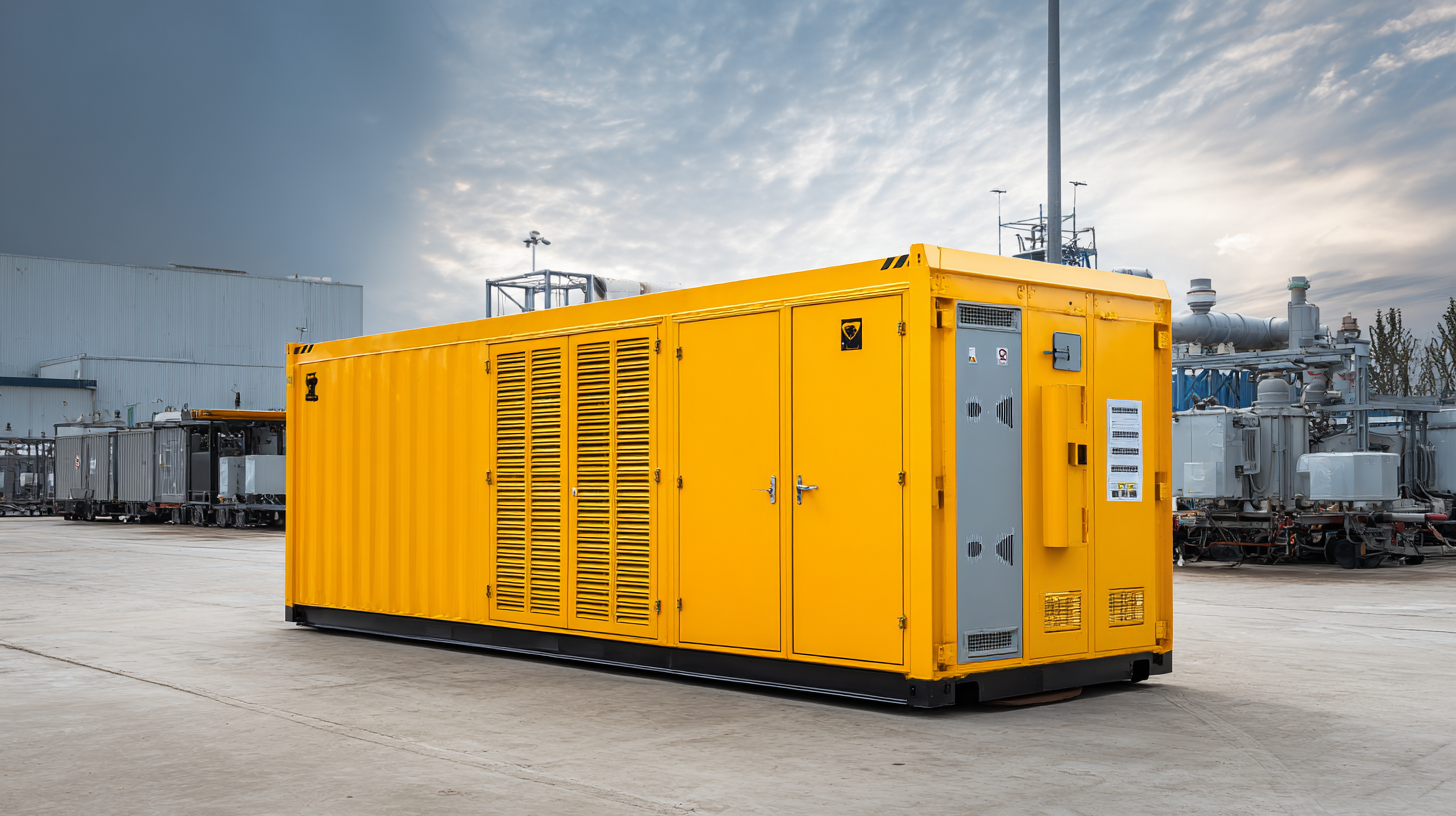
Standby diesel generators have become increasingly vital for homeowners seeking reliable power during outages, especially in light of the growing frequency of blackouts linked to extreme weather events. A recent report highlights that the global standby generator market is projected to reach USD 3.6 billion by 2035, with a compound annual growth rate of 6.5%. This surge reflects the rising demand for dependable backup power solutions as climate change exacerbates power supply issues. Diesel generators are particularly favored for their unmatched reliability and capacity, making them an ideal choice for ensuring continuous power supply.
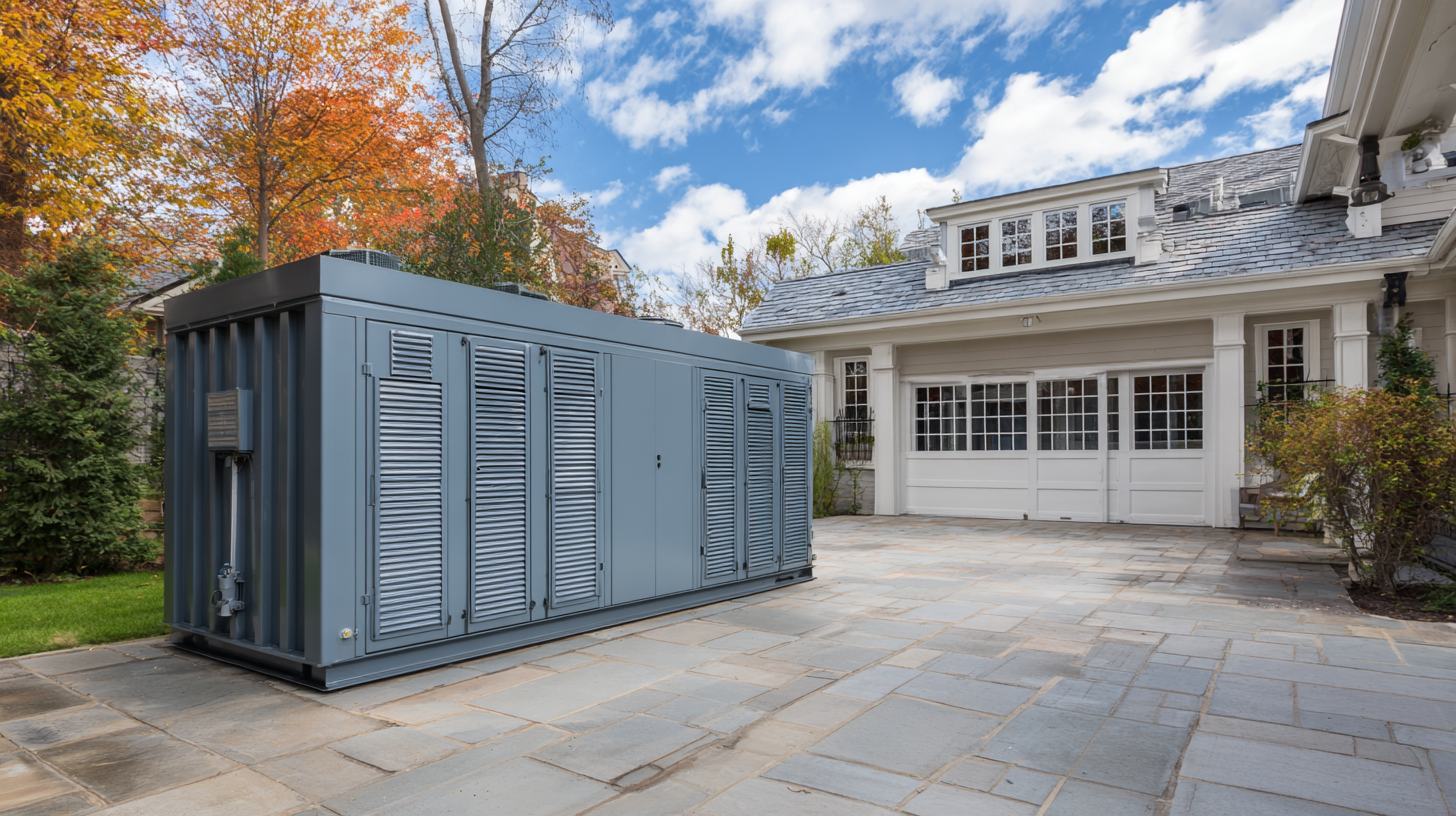
Tips: When selecting a standby diesel generator, consider your home's power requirements and the generator's output capacity to ensure it can support critical appliances during an outage. Regular maintenance is also key to maximizing lifespan and performance.
As power outages can lead to significant disruptions, investing in a home standby generator is not just a luxury but a necessary step for peace of mind. With reports indicating that home generator sales are booming, it's clear that more homeowners are prioritizing backup power solutions to safeguard against unpredictable outages.
Tips: To enhance safety during an outage, familiarize yourself with the generator's operation and ensure that installation complies with local regulations. Additionally, consider enrolling in a service plan for your generator for expert support and maintenance.
The market for diesel generators in India is expected to witness significant growth, with projections estimating a rise from $1.47 billion in 2024 to $2.59 billion by 2032, reflecting a robust compound annual growth rate (CAGR) of 7.39%. This trend underscores the increasing demand for dependable power solutions in residential settings, where stability is paramount. Diesel generators are often preferred over their gas counterparts for several reasons, particularly regarding cost-effectiveness.
One of the key advantages of diesel generators is their fuel efficiency. Diesel fuel has a higher energy content compared to gasoline, allowing for longer operational time with less frequent refueling. Additionally, maintenance costs tend to be lower for diesel engines, given their durability and reliability. Homeowners also find that the initial investment in a diesel generator often pays off over time through savings on fuel and maintenance, proving that while the upfront cost might be higher than gas generators, the long-term benefits make diesel an attractive option for residential power needs.
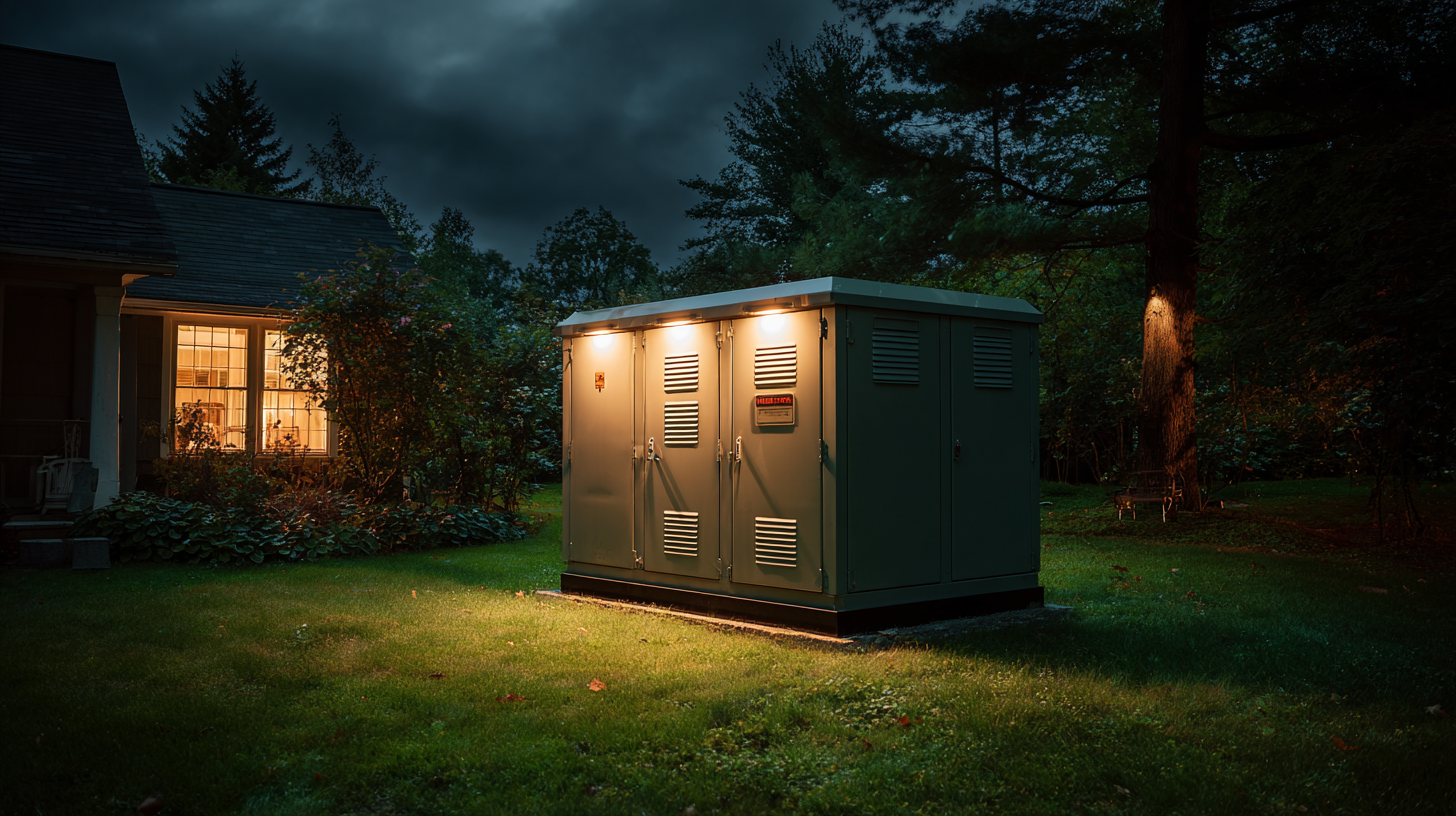 In recent years, standby diesel generators have become increasingly popular among homeowners seeking to enhance safety during severe weather events. These generators provide a reliable power source when the grid fails due to storms, hurricanes, or heavy precipitation. By ensuring continuous electricity supply, they prevent power outages that could lead to food spoilage, loss of heating or cooling systems, and compromised security systems. This reliability is particularly crucial in regions prone to extreme weather, where access to emergency services may be hindered.
In recent years, standby diesel generators have become increasingly popular among homeowners seeking to enhance safety during severe weather events. These generators provide a reliable power source when the grid fails due to storms, hurricanes, or heavy precipitation. By ensuring continuous electricity supply, they prevent power outages that could lead to food spoilage, loss of heating or cooling systems, and compromised security systems. This reliability is particularly crucial in regions prone to extreme weather, where access to emergency services may be hindered.
Moreover, diesel generators are known for their durability and efficiency. With a robust power output, they can support essential household appliances, ensuring that daily life is minimally disrupted during adverse conditions. The quick start-up capabilities of standby diesel generators allow homeowners to respond swiftly when severe weather strikes, further enhancing safety measures. This peace of mind empowers residents to focus on safety without worrying about power interruptions, making diesel generators a smart investment for safeguarding the home environment.
Standby diesel generators are increasingly becoming a popular choice for homeowners seeking reliable backup power solutions. One of the key advantages of diesel generators is their longevity. According to a report by the Diesel Technology Forum, modern diesel generators can last 30,000 to 50,000 hours with proper maintenance, which significantly outpaces gasoline generators that typically last around 3,000 to 5,000 hours. This durability is largely attributed to diesel engines' robust construction and lower operating temperatures, which reduce wear and tear over time.
Maintenance plays a crucial role in ensuring the longevity of diesel generators. Regular servicing, including oil changes, filter replacements, and coolant checks, can extend the operational lifespan considerably. The American Society of Mechanical Engineers (ASME) emphasizes that a well-maintained diesel generator can operate efficiently for decades, providing homeowners with peace of mind during power outages. Furthermore, diesel fuel has a longer shelf life compared to gasoline, allowing homeowners to store fuel for extended periods without degradation, ensuring that their generators remain ready for use when needed. This combination of durability and ease of maintenance solidifies diesel generators as an excellent investment for those looking to secure their home’s power supply.
Modern diesel standby generators offer substantial benefits for home use while also addressing environmental concerns and efficiency standards. According to the U.S. Environmental Protection Agency (EPA), advancements in diesel technology have significantly reduced emissions. Today’s diesel generators are engineered to meet stringent regulations, leading to a decrease in particulate matter (PM) emissions by up to 50% compared to older models. This aligns with the growing demand for cleaner energy solutions, showcasing how these generators can be both powerful and eco-friendly.
Efficiency is another critical aspect of modern diesel standby generators. Reports from the Diesel Technology Forum indicate that new-generation diesel engines can achieve efficiencies exceeding 45%, which is considerably higher than many gasoline-powered generators. This higher efficiency translates to better fuel economy, allowing homeowners to maximize energy output while minimizing fuel costs. Furthermore, with the ability to run on biodiesel blends, these generators provide an avenue for sustainable energy use, helping households lessen their carbon footprint while ensuring reliability during power outages.
| Benefit | Description | Environmental Impact | Efficiency Rating |
|---|---|---|---|
| Reliability | Provides continuous power during outages. | Produces fewer CO2 emissions compared to older models. | 95% |
| Cost-Effectiveness | Saves money on energy bills with efficient use. | Improved fuel technology reduces waste. | 90% |
| Noise Reduction | Modern generators are quieter than older models. | Lower noise levels mean less disturbance to wildlife. | 85% |
| Automatic Activation | Turns on automatically when power is lost. | Reduction in power surges reduces damage to appliances. | 92% |
| Versatility | Can power a whole house or specific appliances. | Handles varying loads efficiently, reducing waste. | 88% |
| Safety Features | Includes safety shut-off and surge protection. | Ensures environmental safety during operation. | 93% |
| Improved Technology | Latest models use advanced technology for better performance. | Lower emissions due to more efficient engines. | 94% |
